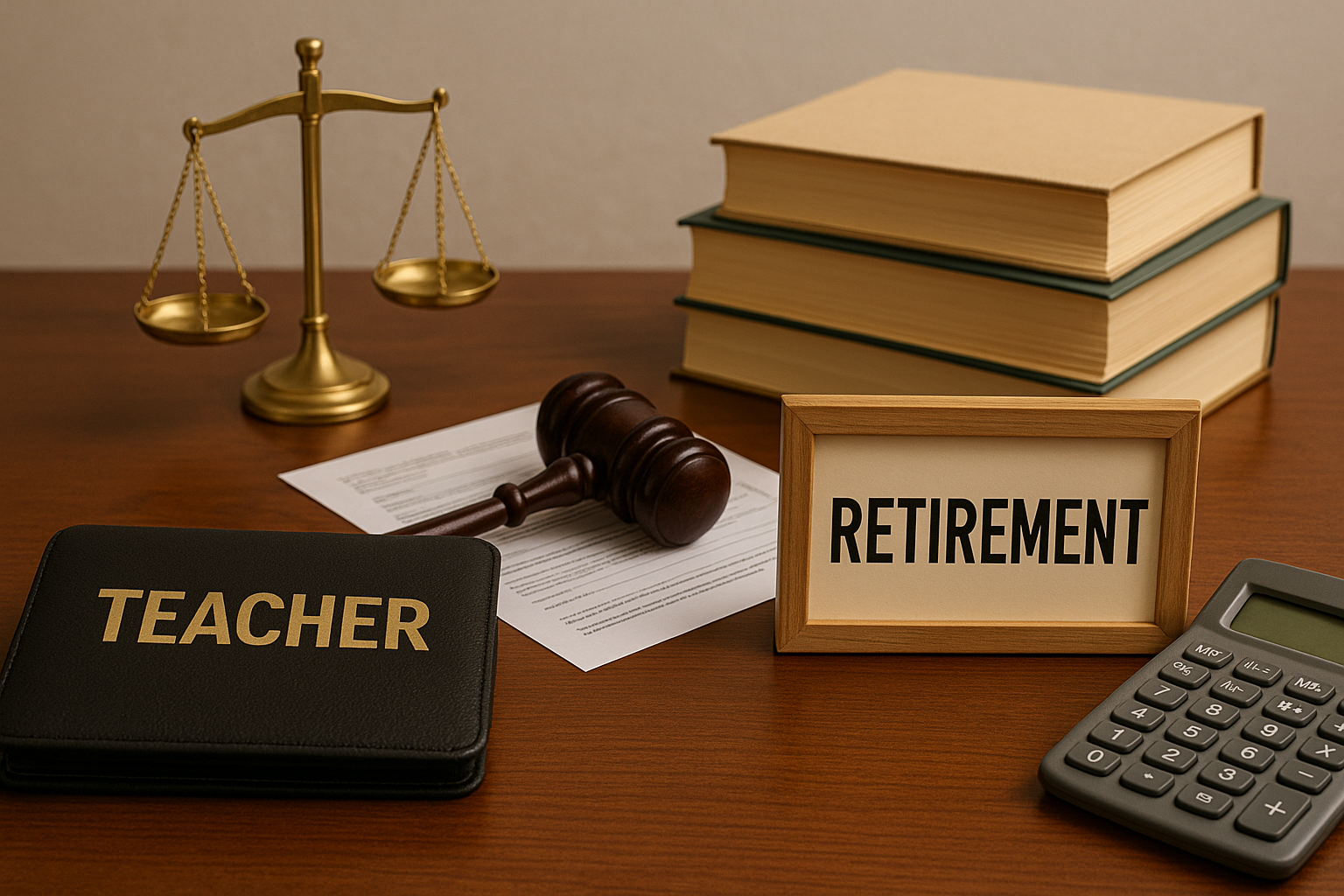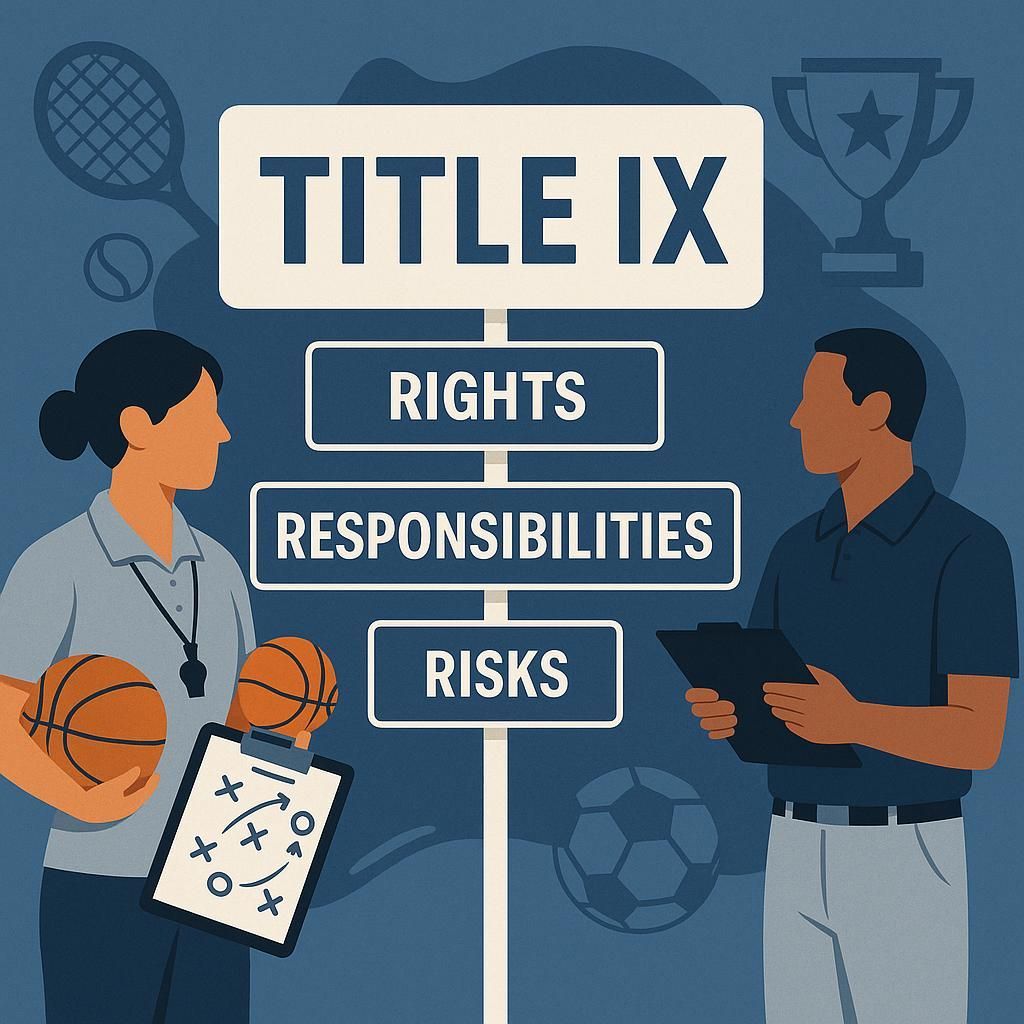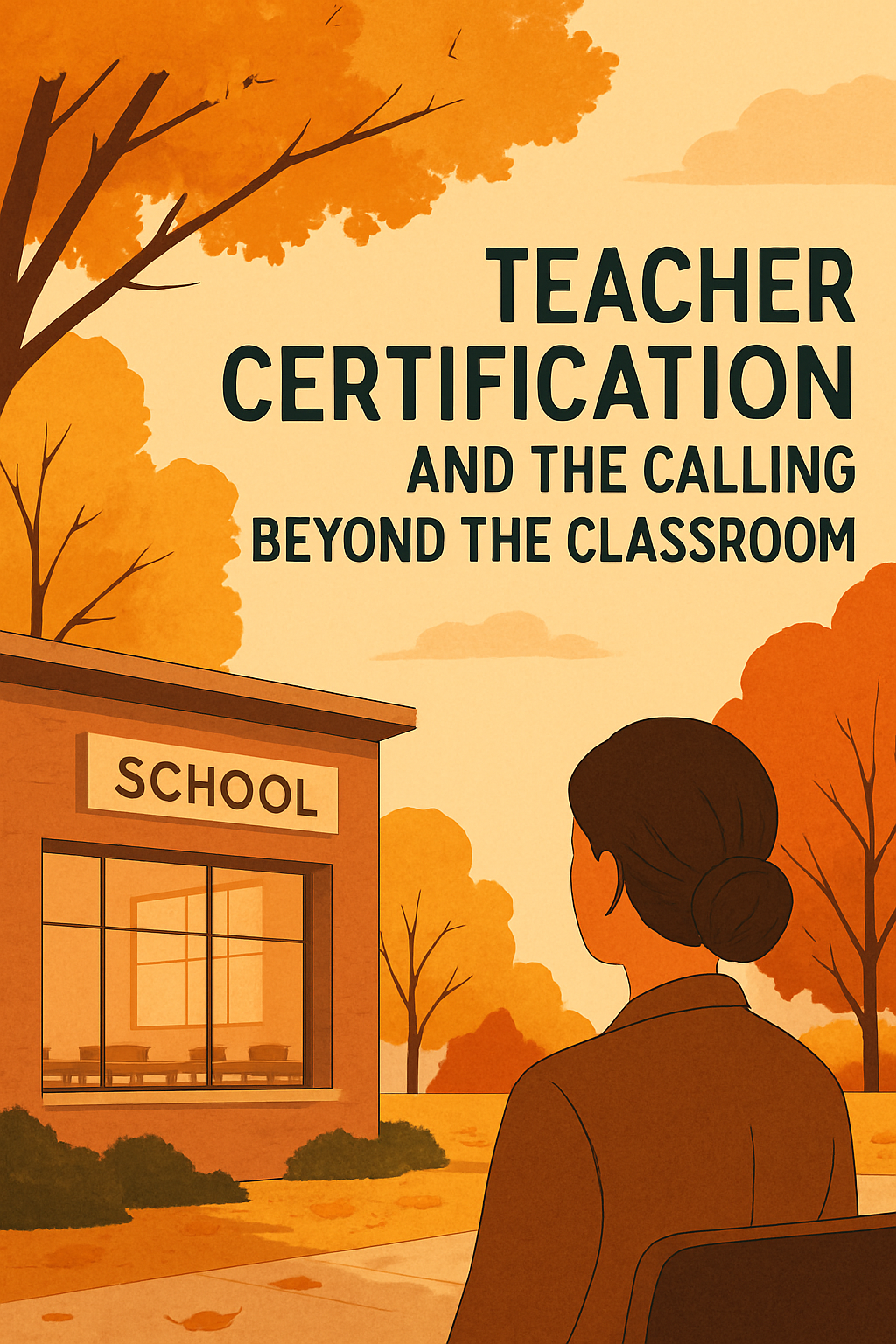Copyright Law for Photographers: Understanding Copyright Protection and How to Legally Protect Your Work
Navigating Copyright Law for Photographers
In the age of digital media, understanding copyright law is crucial for photographers to protect their creative works and maintain control over their usage. This article delves into the essentials of copyright law as it applies to photography, providing photographers with the knowledge needed to safeguard their rights and navigate the complexities of copyright protection.
What is Copyright Law in the Context of Photography?
Copyright law grants photographers exclusive rights to their original work to be protected, offering protection from unauthorized use. This legal framework is designed to recognize and reward photographers' creativity, ensuring they can control how their photographs are used and distributed. Understanding these rights is the first step in leveraging copyright law to your advantage.
How Do Photographers Register Copyright?
Register the copyright with the U.S. Copyright Office is a straightforward process that confers legal benefits, such as the ability to pursue statutory damages in infringement cases. The process involves submitting a completed application, a filing fee, and copies of the photographs. Group registration options are available for both published photographs and unpublished works, simplifying the process for photographers with multiple visual works.
The Role of Copyright Ownership in Photography
Ownership of photography and copyright in photographs typically resides with the photographer who created the image. However, exceptions exist, such as "copyrighted work made for hire" arrangements, where the employer or commissioning party may own the copyright. Understanding these nuances is vital for photographer is an employee and clients alike to ensure clear rights and responsibilities.
Navigating Copyright Infringement and Fair Use
Copyright infringement occurs when copyrighted photographs are used without permission. However, the doctrine of fair use allows limited use of copyrighted material without consent under certain conditions. Photographer may be aware of these exceptions to both defend their rights and respect the rights of others.
The Importance of Copyright Notices and Watermarks
Though not required for copyright protection, using copyright notices and watermarks can deter unauthorized may use and signal ownership. These visual cues remind viewers of the photographer's rights and can be crucial in establishing copyright in a court of law.
Digital Millennium Copyright Act (DMCA)
The DMCA provides photographers with tools to combat copyright infringement online. By filing a DMCA takedown notice, photographers can request the removal of unauthorized digital copies of their work from websites and social media platforms.
Copyright Law and the Photography Industry
Copyright law impacts all areas of the photography industry, from commercial nature and portrait photography to photojournalism. Staying informed on copyright issues is essential for photographers to navigate the legal landscape and make informed decisions about their work and rights.
Licensing and Monetizing Copyrighted Photographs
Copyright ownership allows many photographers to license their work for specific uses, providing a revenue stream while retaining control over their photographs. Licensing agreements should clearly outline the terms of use, duration, and compensation to avoid disputes.
Working with the U.S. Copyright Office
For photographers seeking to protect their work, the U.S. Copyright Office is an invaluable resource. Its website offers information on copyright registration, laws, and policies, as well as guidance on how to register your copyright and address infringement issues.
Global Copyright Protection for Photographers
While U.S. copyright law offers robust protection, copyright protects, photographers must also consider international copyright conventions when their work crosses borders. Understanding global copyright agreements can help photographers protect their work worldwide.
Conclusion: Key Takeaways
- Copyright law provides photographers with exclusive rights to their work, including reproduction, distribution, and adaptation.
- Registering copyright enhances protection and enables legal recourse against infringement.
- Copyright ownership can be complex, especially in "work made for hire" scenarios.
- Fair use exceptions allow limited use of copyrighted material under specific conditions.
- Utilizing copyright notices and watermarks can deter unauthorized use of the photographs.
- The DMCA offers tools for addressing online copyright infringement.
- Licensing agreements are a critical aspect of monetizing copyrighted photographs.
- The U.S. Copyright Office is a key resource for photographers to register and protect their work.
- International copyright laws and conventions extend protection beyond U.S. borders.
Photographers armed with copyright knowledge can better navigate the legal landscape, ensuring their creative works are protected by copyright law and monetized appropriately.
Contact Us
Take the first step towards protecting your creative rights with Masterly Legal Solution. Andrew Rhoden and our team are dedicated to guiding photographers through the complexities of copyright law, ensuring your work remains your own. Secure your legacy and reach out to Andrew Rhoden at Masterly Legal Solution today. Your art deserves the best protection. (972) 236-5051
FAQ: Understanding Copyright Law for Photographers
What is copyright?
Copyright resources is a legal right that gives photographers exclusive control over the use of their original photographs, including the right to reproduce, distribute, and create derivative works.
How can photographers protect their work under copyright law?
Photographers automatically receive copyright protection the moment they create an original photograph fixed in a tangible medium, such as digital files or film.
Do photographers need to register their work with the Copyright Office?
While not required for copyright protection, registering your work with the U.S. Copyright Office solidifies your legal standing, enabling you to pursue statutory damages in court if your work is infringed.
Who owns the copyright of a photograph?
Generally, the photographer or the person who created the photograph owns the copyright. However, if the work is a "work made for hire," the employer or commissioning party may own the copyright purposes.
What constitutes copyright infringement in photography?
Describe the item or answer the question so that site visitors who are interested get more information. You can emphasize this text with bullets, italics or bold, and add links.Can photographers use watermarks or copyright notices?
Yes, photographers often use watermarks or copyright notices as a deterrent against unauthorized use and to indicate ownership, though it's not legally required for copyright protection.
What is fair use, and how does it apply to photographs?
Fair use is a legal doctrine that allows limited use of copyrighted material without permission for purposes such as criticism, comment, education, or research. Its applicability to take photographs depends on four factors, including the purpose and nature of the use.
What rights do photographers have under copyright law?
Photographers have exclusive rights to their work, including the right to reproduce the photograph, prepare derivative works, distribute copies, and public record display the photograph.
How can photographers deal with copyright infringement?
Photographers can issue takedown notices, pursue legal action for copyright infringement claims, and potentially receive statutory damages for willful infringement.
What is a "work made for hire" in the context of photography?
A "work made for hire" is a work created by an employee within the scope of their employment or a work specially ordered or commissioned under a written contract agreement, in which case the employer or commissioning party is considered the copyright owner.
Do copyright laws vary internationally?
Yes, copyright laws can vary by country, but many countries adhere to international copyright conventions. Photographers should be aware of the laws in countries where their work photograph is published or distributed.
Is there a public domain for photographs?
Yes, photographs can enter the public domain under certain conditions, such as the expiration of copyright 70 years after the author's death or if the work was created by the United States government.

Looking for Legal & Business Solutions? Contact Us Now
Fill in the form or call us to set up a meeting













